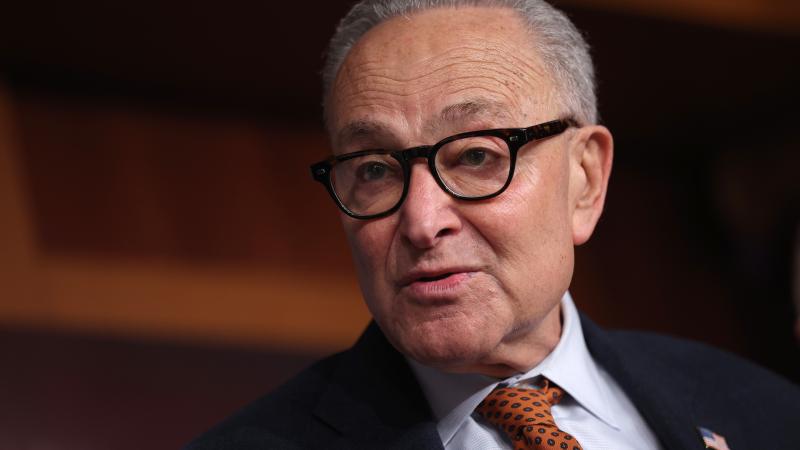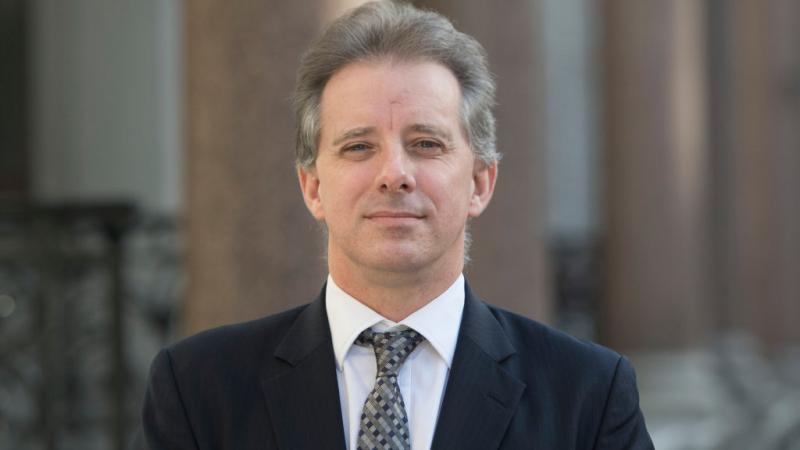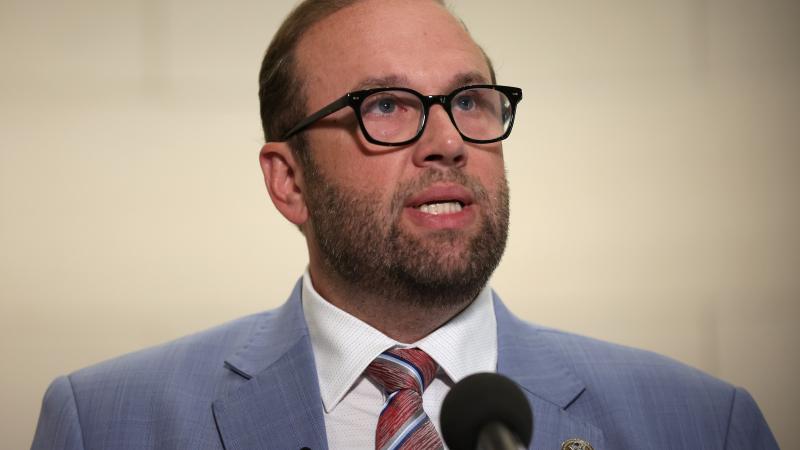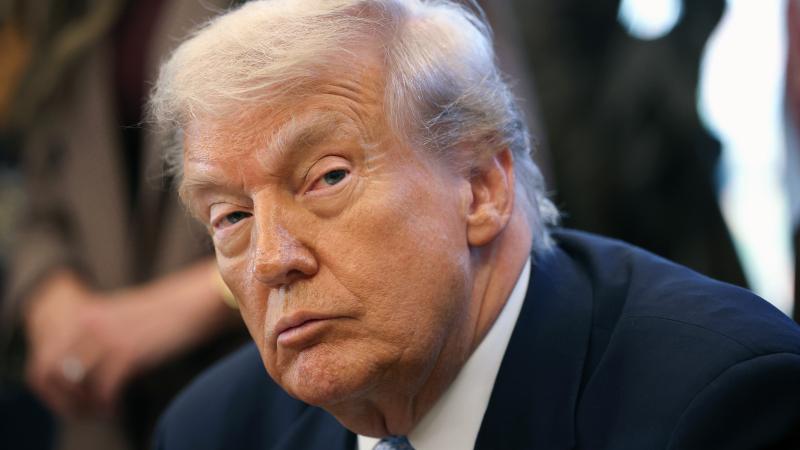South Carolina grand jurors find prisoners use cellphones in organized crime, AG asks FCC to jam
"Inmates with contraband cellphones aren’t just continuing their crimes, they’re escalating them," South Carolina Attorney General Alan Wilson said
South Carolina grand jurors found that prisoners are using cellphones in organized crime, resulting in state Attorney General Alan Wilson (R) asking the Federal Communications Commission on Wednesday to jam the inmates' "illegal communications."
Wilson announced on Wednesday that state grand jurors released a grand jury report on the issue of inmates continuing to run organized crime from within state prisons by using contraband cellphones. Two inmates received life without parole sentences for narcotics trafficking, following a recent state grand jury trial in Pickens County.
“Locking someone up doesn’t make us safer if they’re still running criminal empires from behind bars,” Wilson said in a statement.
“Inmates with contraband cellphones aren’t just continuing their crimes, they’re escalating them. We know how to stop this; the technology already exists and is being used in federal prisons. This is why I am calling on Congress and the FCC to give states the authority to jam these illegal communications and shut these criminal networks down, for good.”
South Carolina Department of Corrections Interim Director Joel E. Anderson said in a statement, “Illegal contraband cellphones allow career criminals to prey on innocent victims and continue committing crimes from behind bars. The situation is highly dangerous for our staff, other inmates, and our communities.”
The state grand jury reports found that prisoner criminal organizations traffic in as much “fentanyl and methamphetamine and cocaine as they ever did,” commit fraud on government benefits that are “meant to help law-abiding citizens through tough times,” and extort and scam people outside of prison.
Inmates control an extensive contraband trade within the prisons, according to the reports, which concluded that “[m]illions of dollars are being made both inside and outside the wire -- by the inmates and their associates on the outside,” including corrupt correctional officers and staff, “fellow gang members, friends, wives, girlfriends, and even people groomed by inmates.”
“Whether officer, staff, or just someone on the outside, they all work for the inmates, not the other way around,” the grand juries wrote.
The South Carolina Department of Corrections has invested heavily in its efforts to prevent contraband cell phones from entering prisons, "but it is not that simple to defeat the criminal mind when that criminal mind can make millions of dollars," according to the reports.
After prisons nationwide called for a solution, the FCC allowed a managed access program that the South Carolina Department of Corrections has adopted.
“Managed access allows a facility to hire certified vendors who can identify unauthorized cell phones within the facility and request that they be ‘bricked’ by providers within two days,” according to the grand juries. However, the access helps, it is “not immediate,” and it is “complicated and requires new capabilities that would be more easily and effectively solved by targeted jamming.”
“Jamming the cell phone communication of State inmates would immediately eliminate so much of the criminal activities within our state prisons,” according to the reports.














